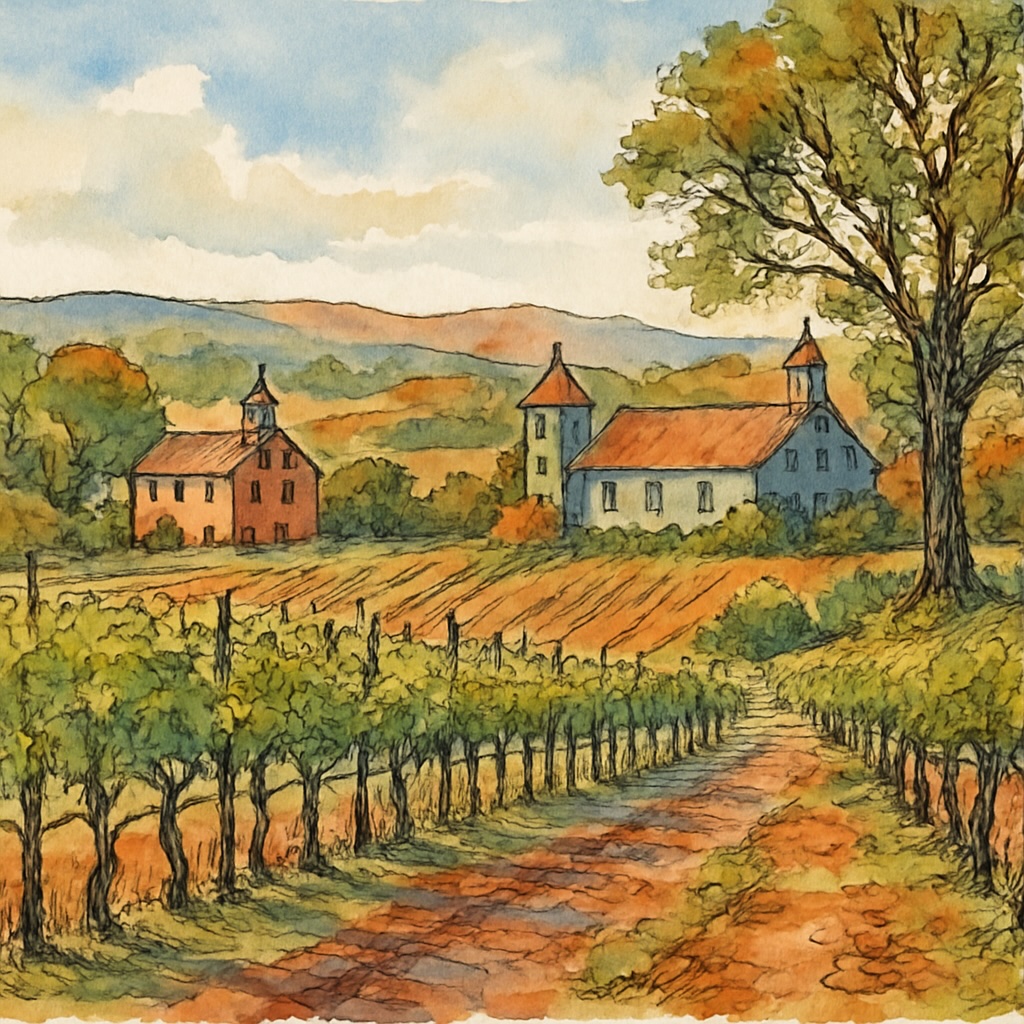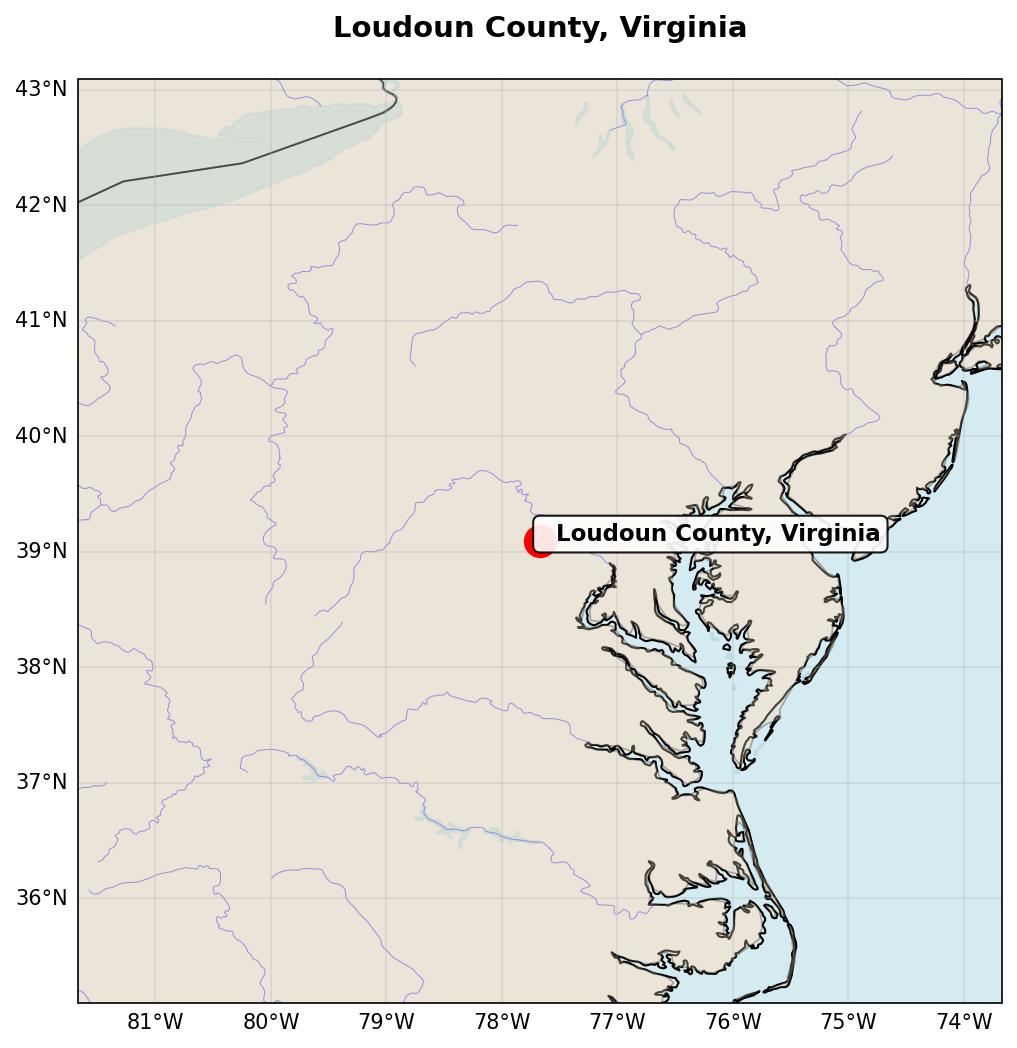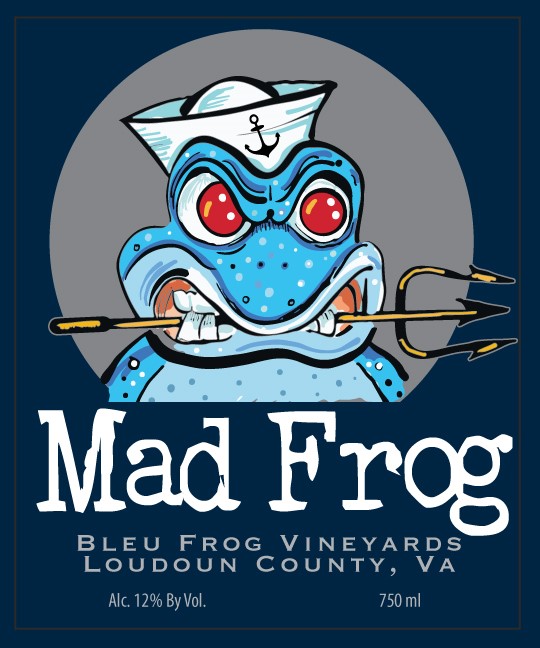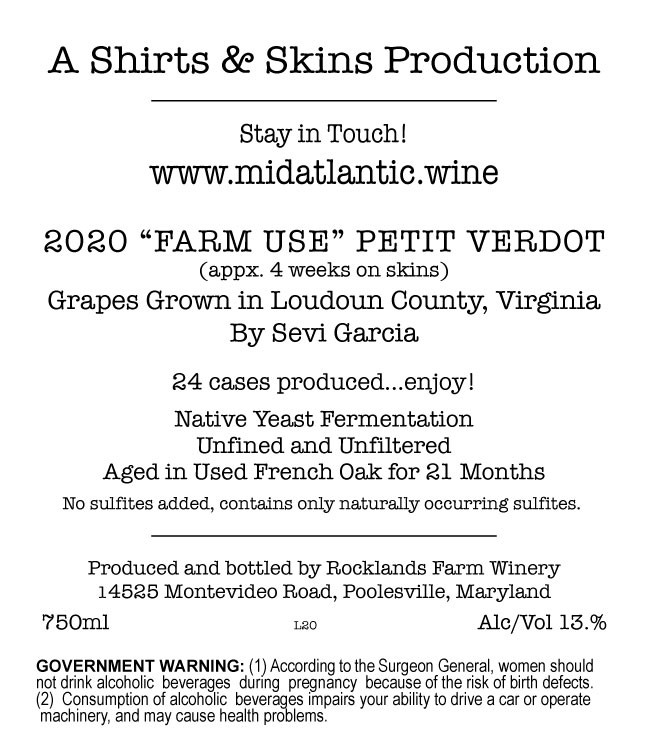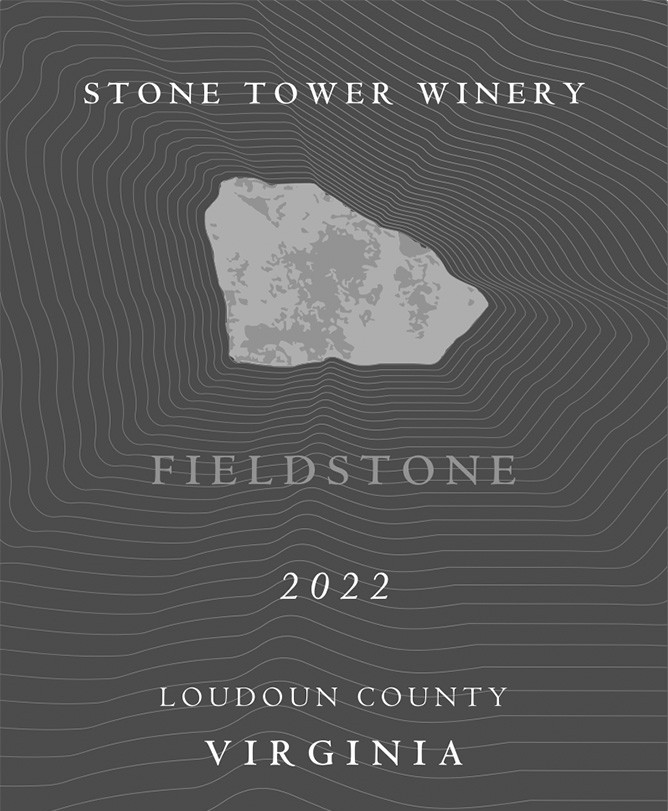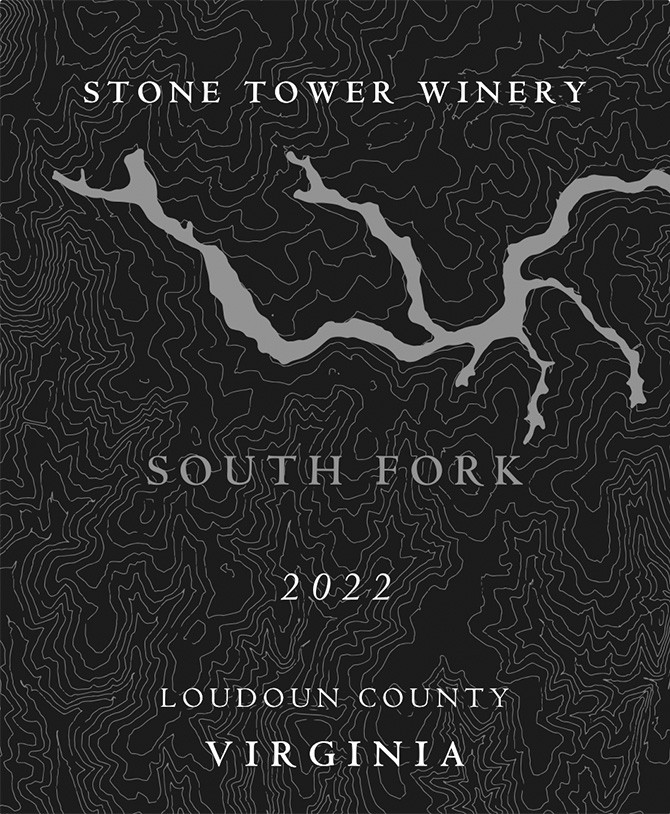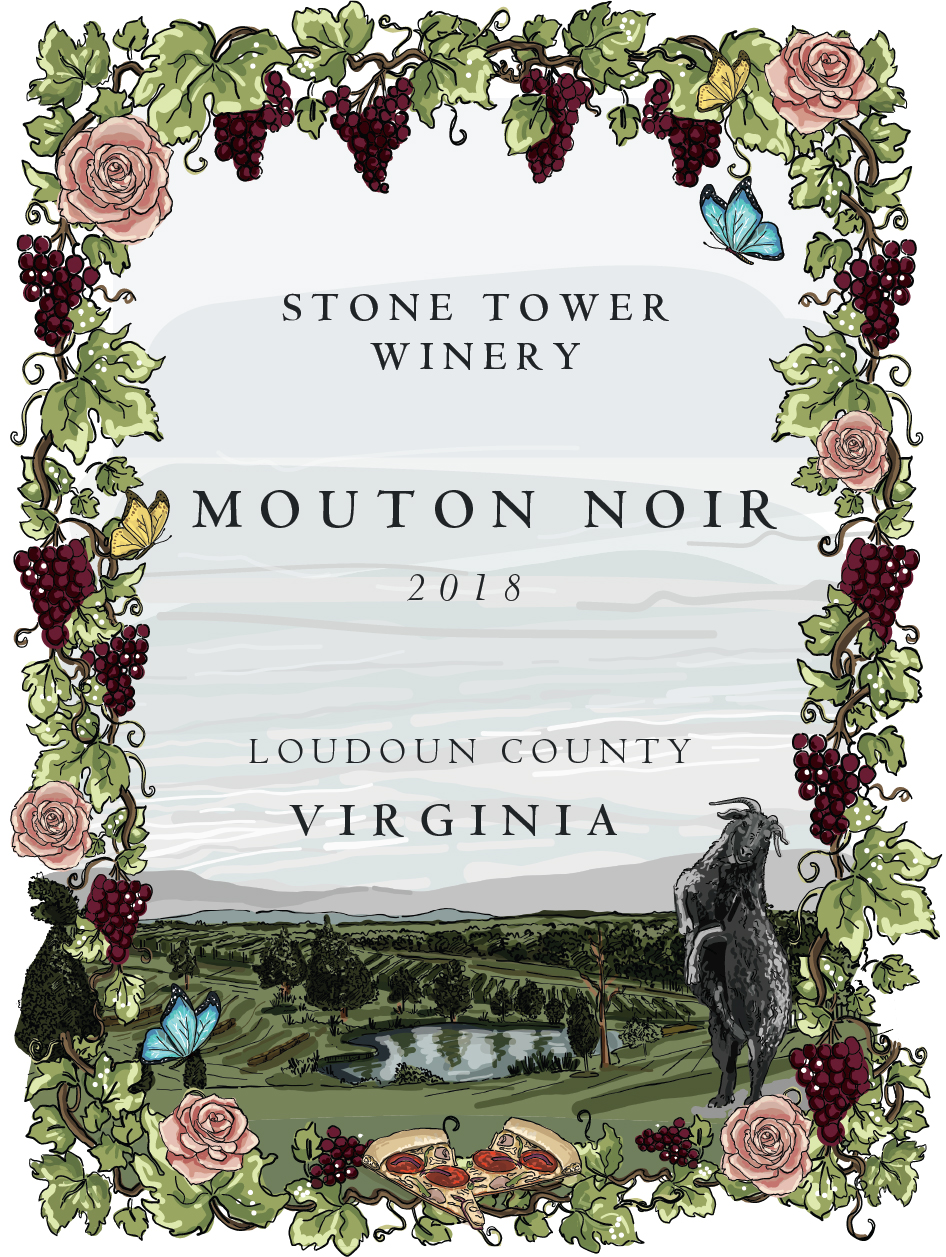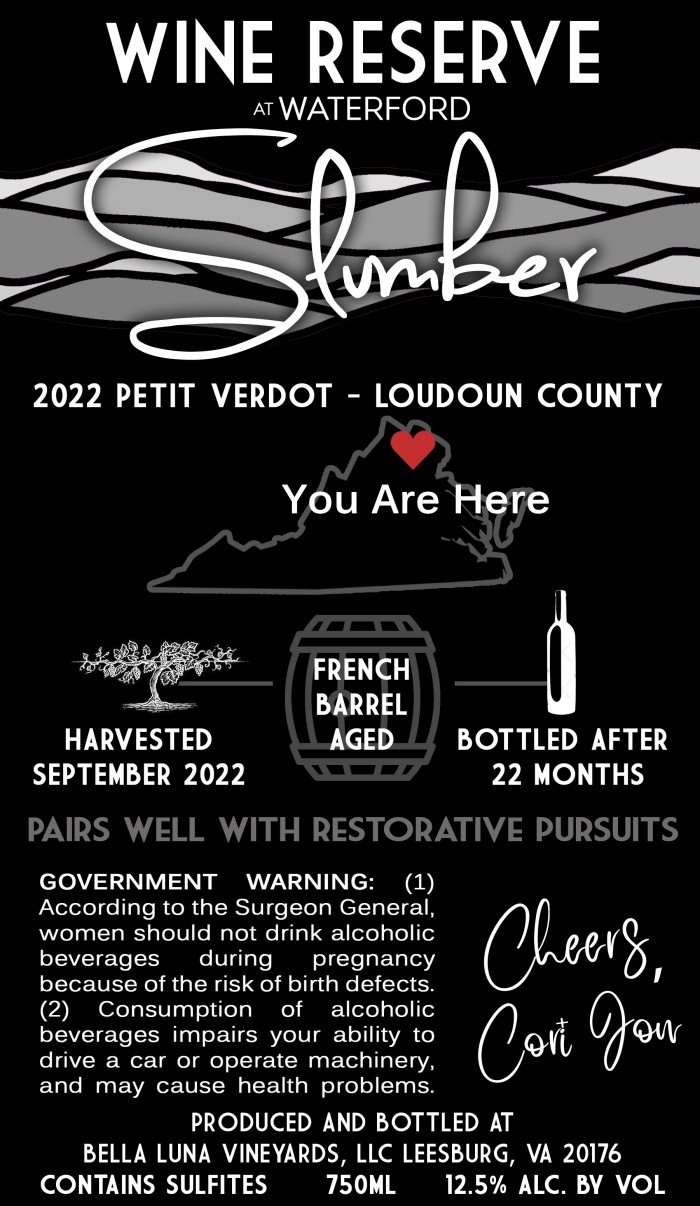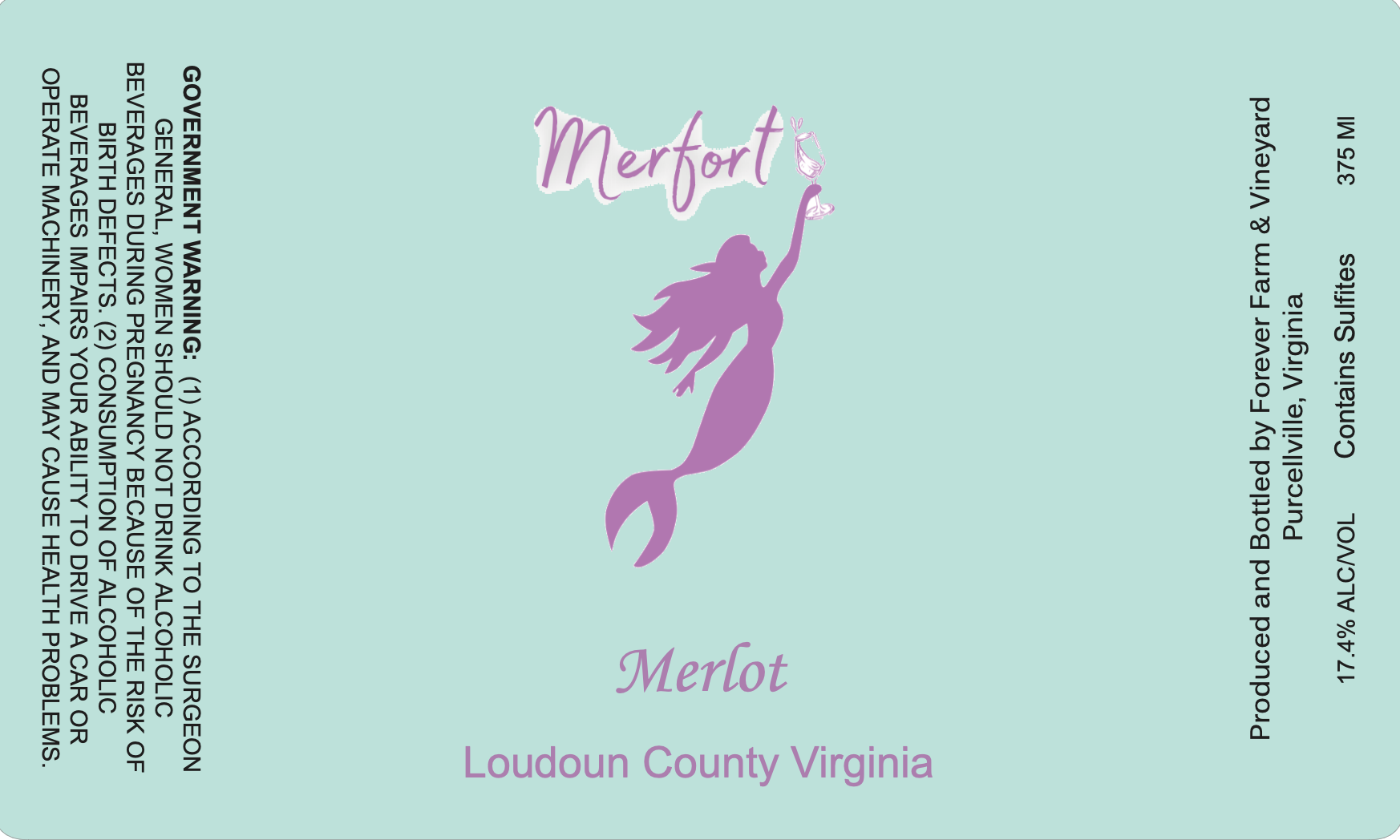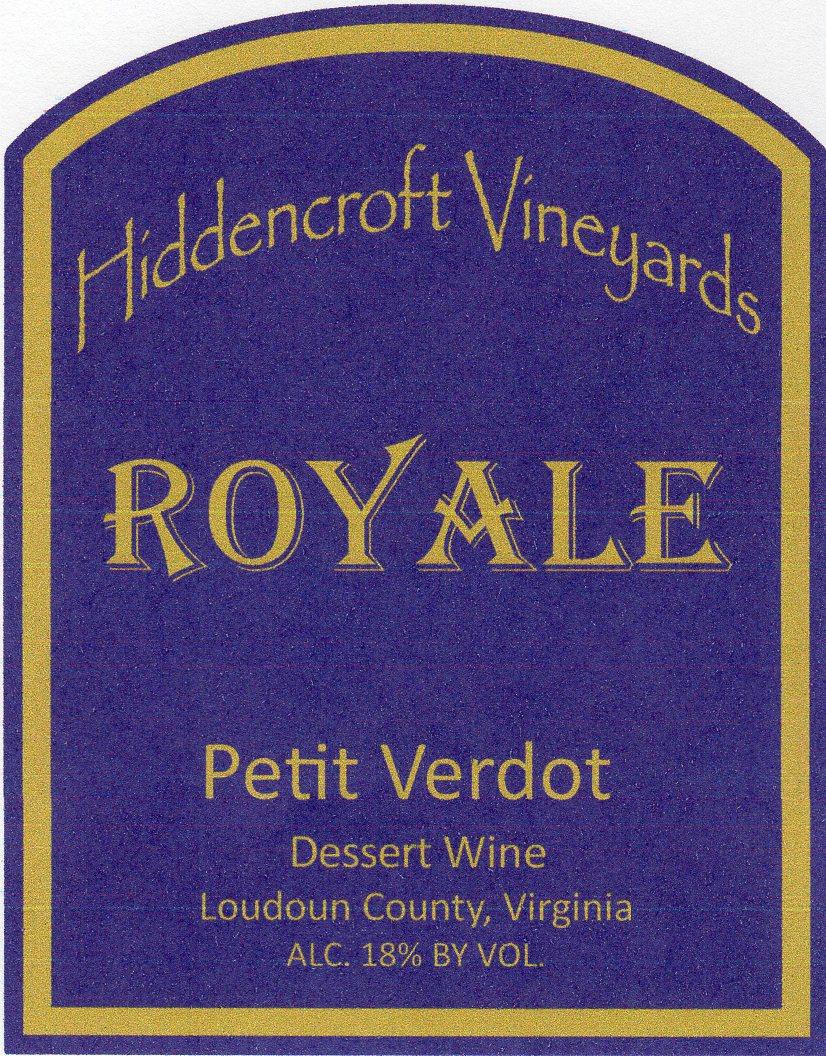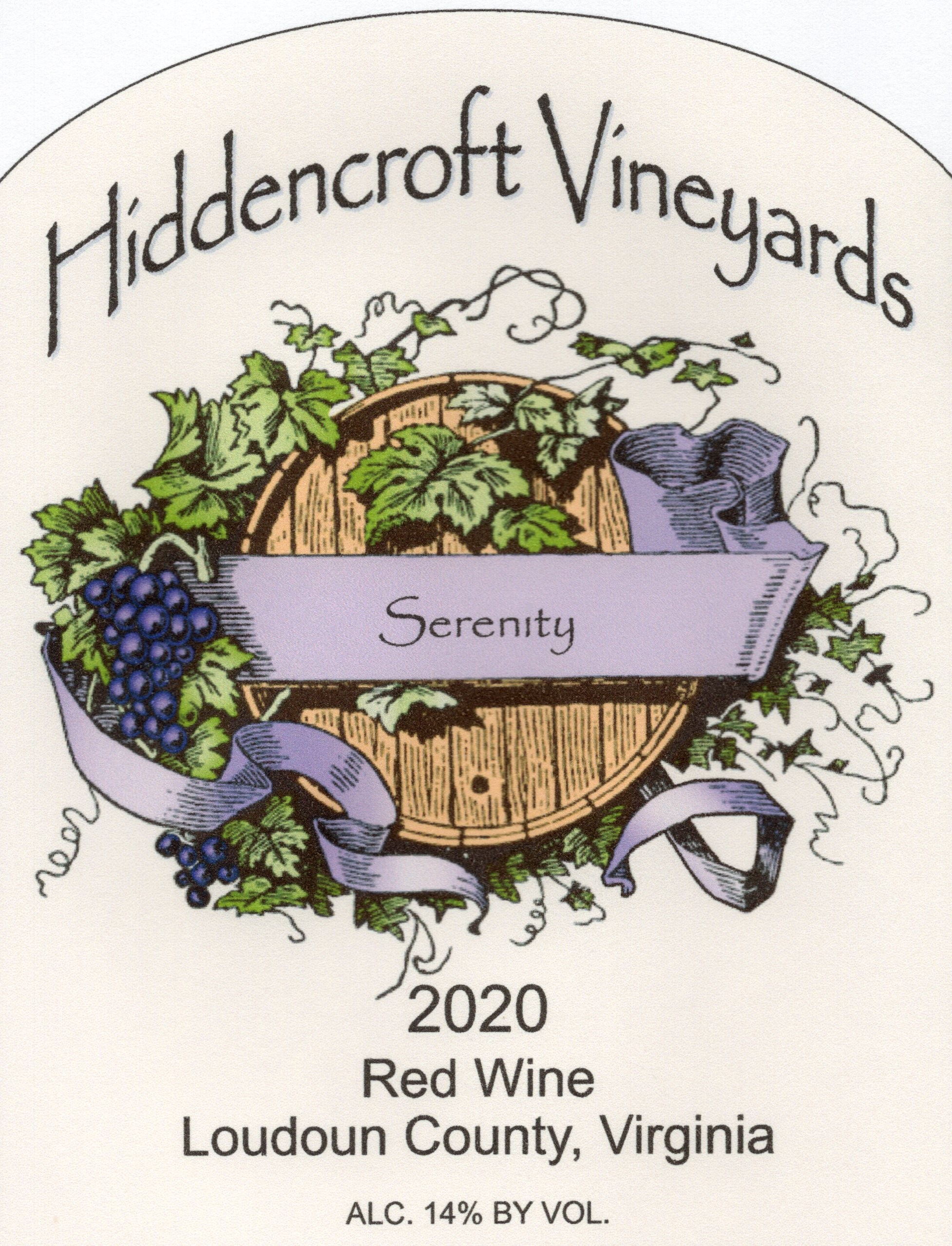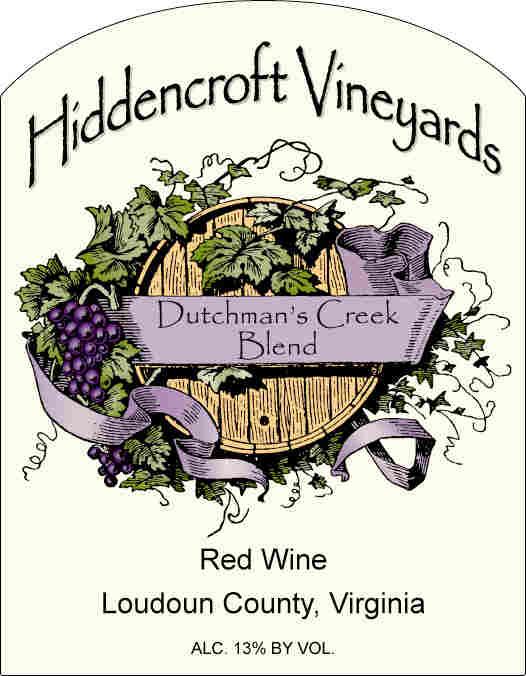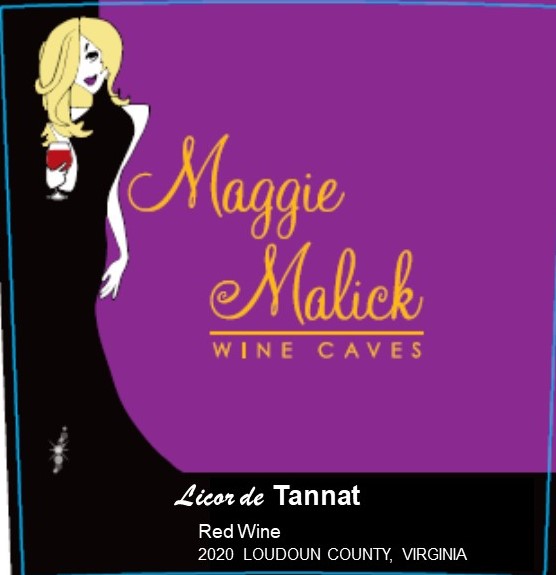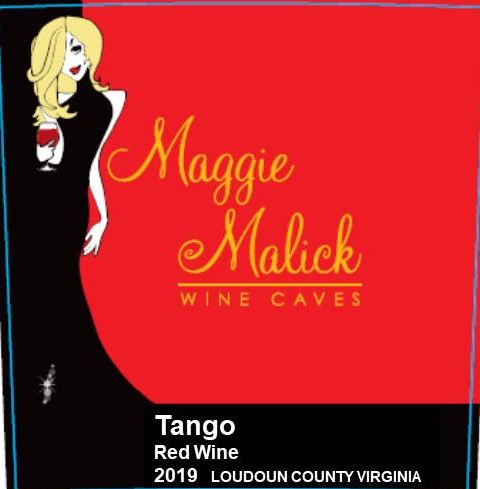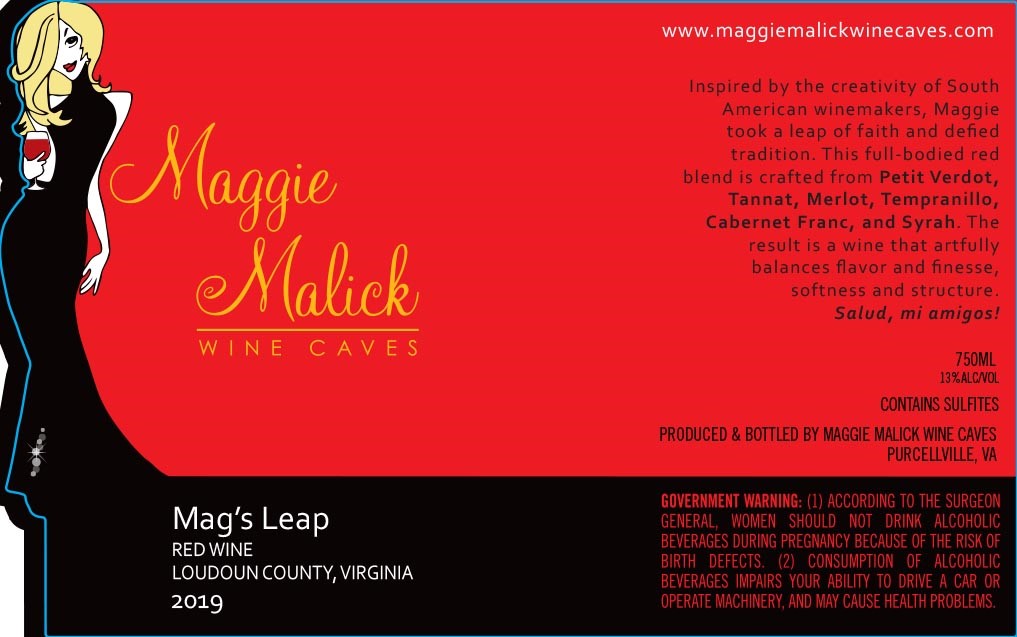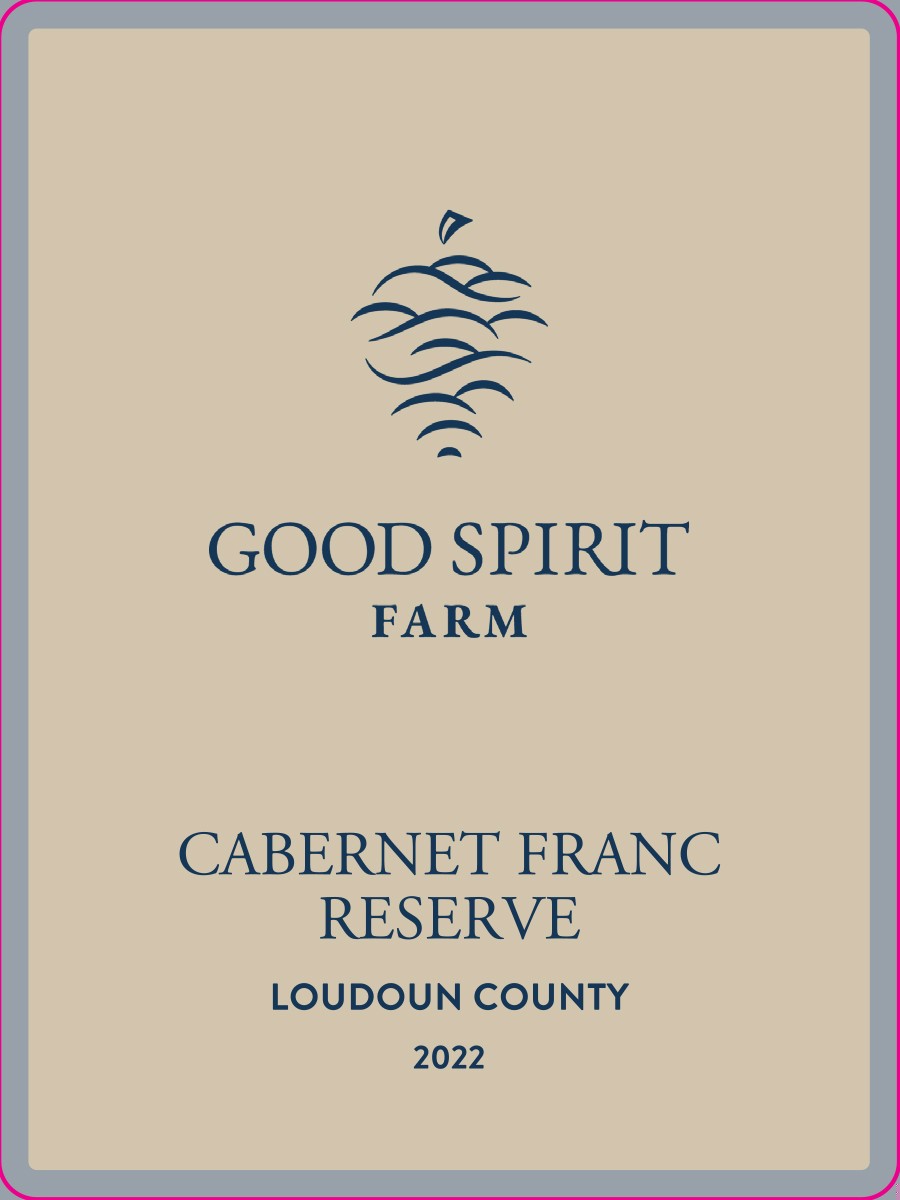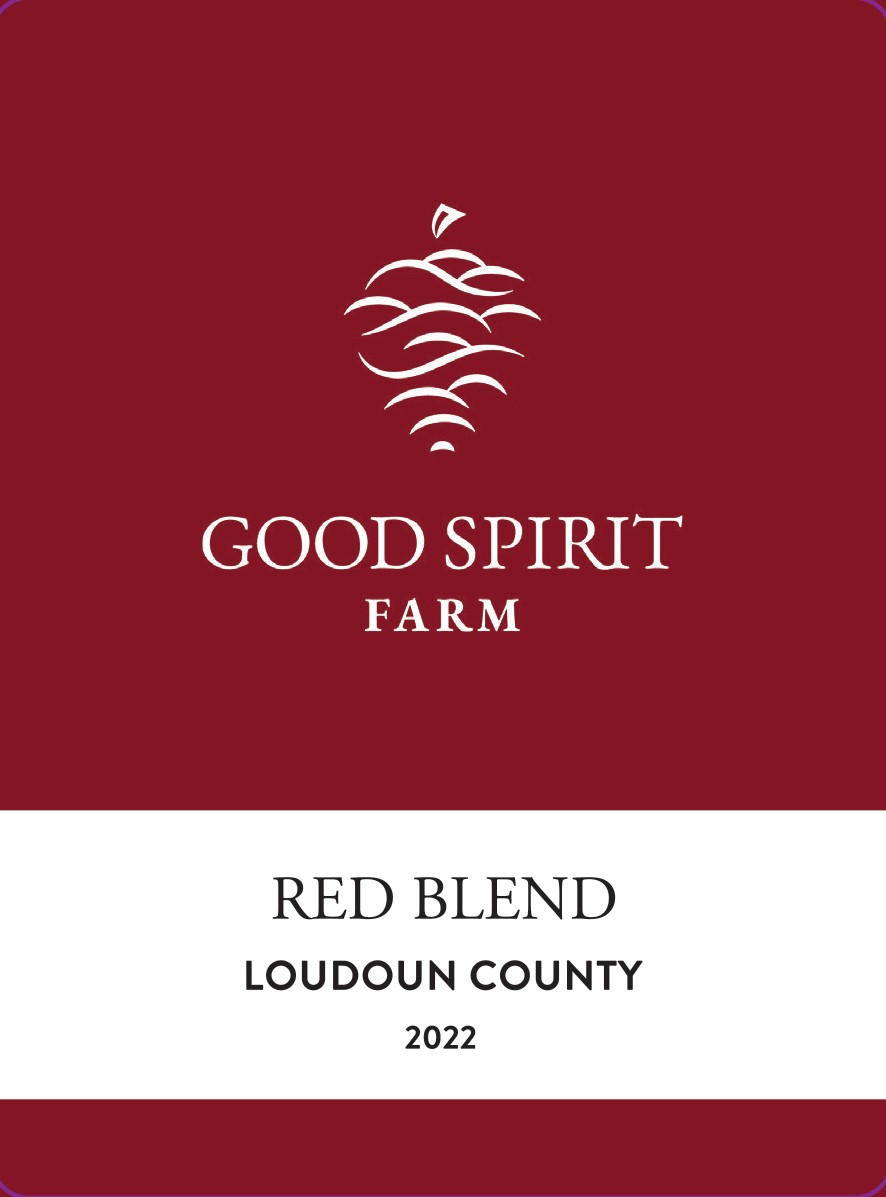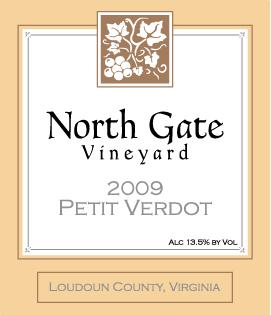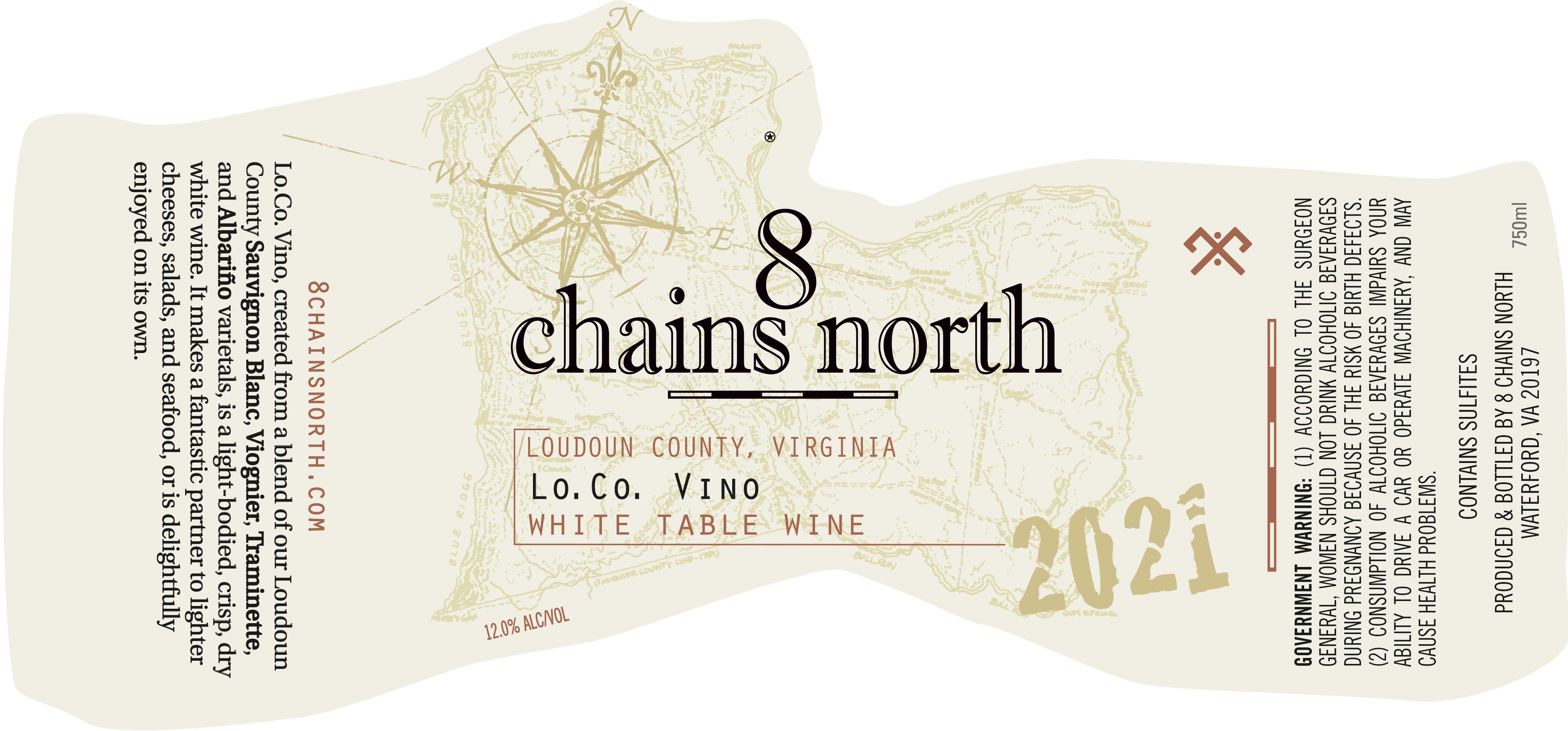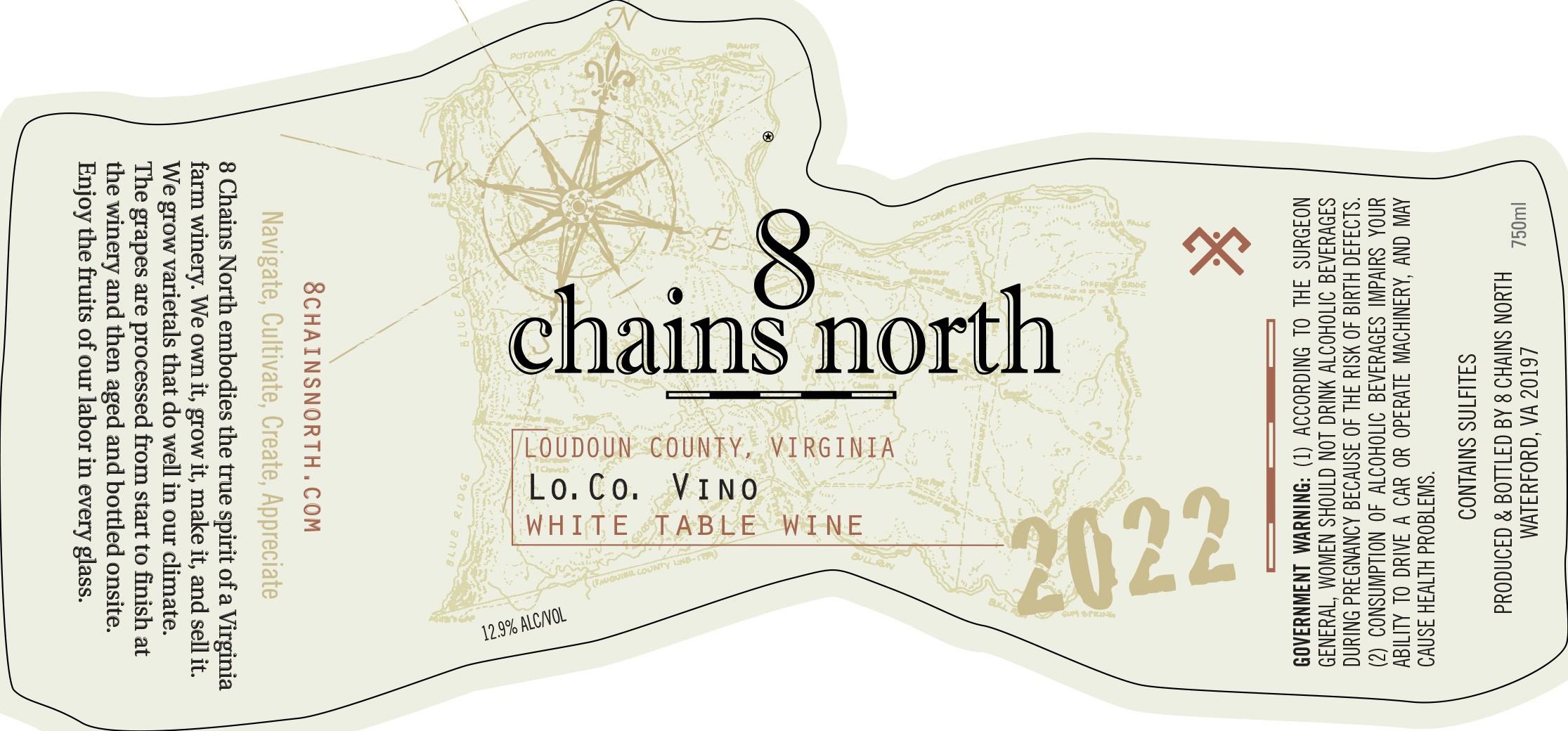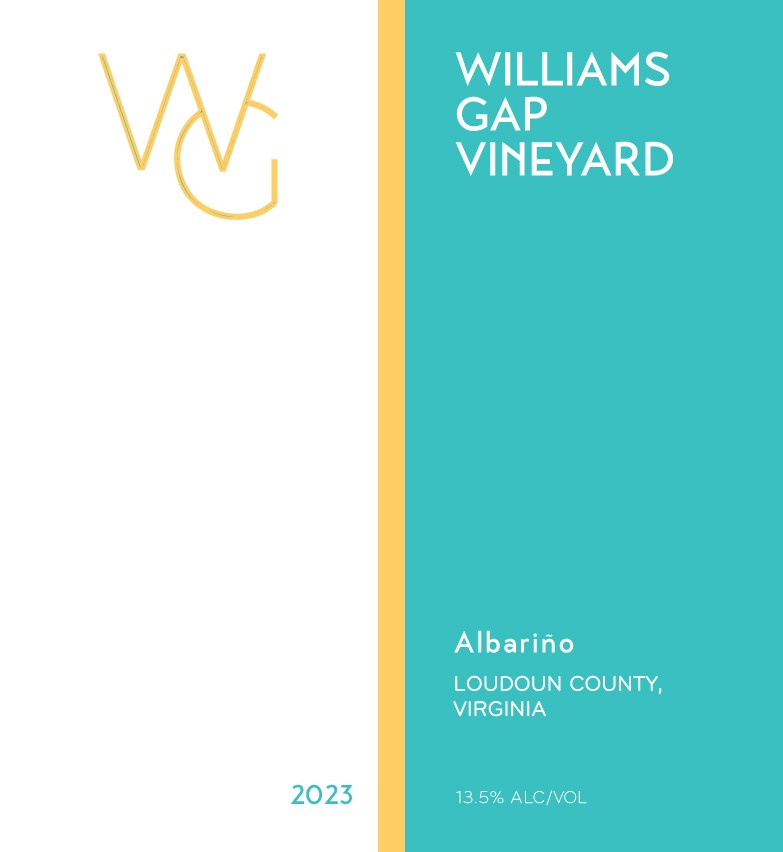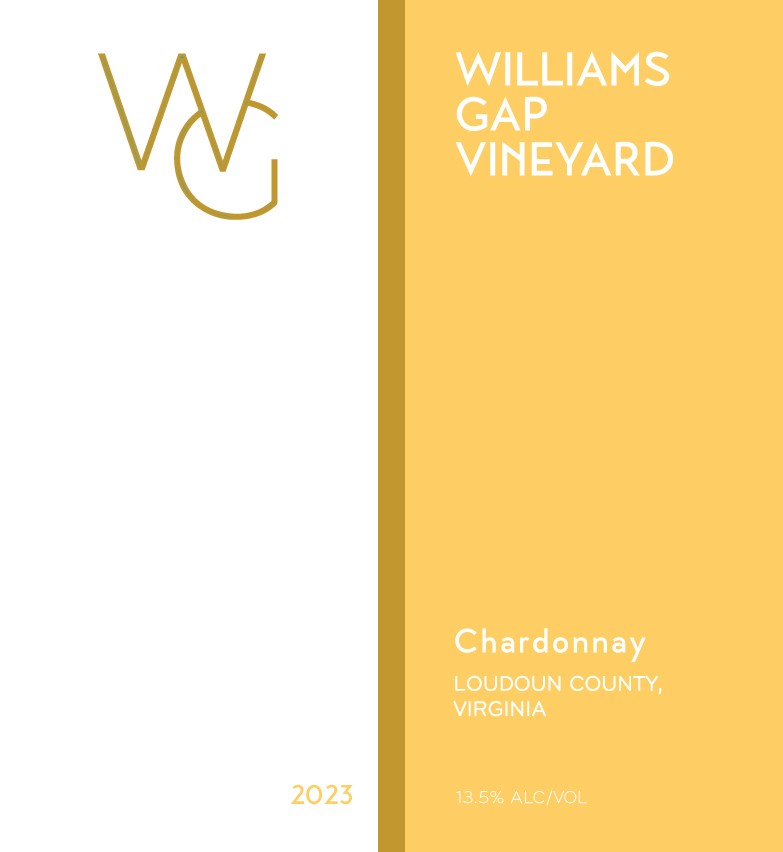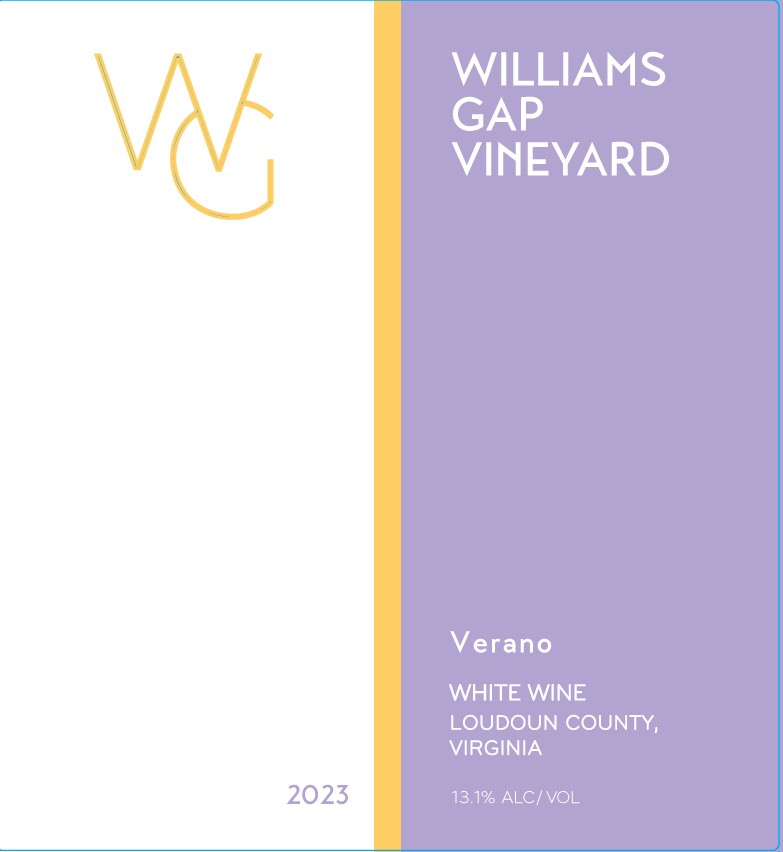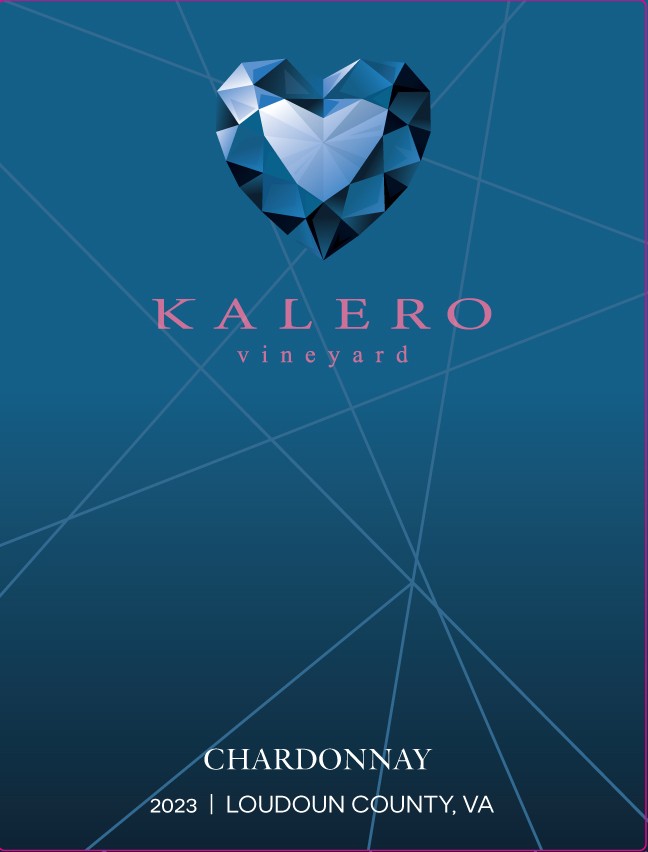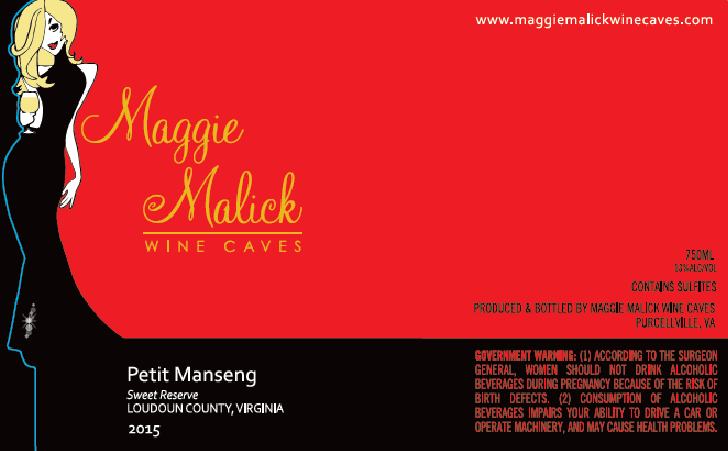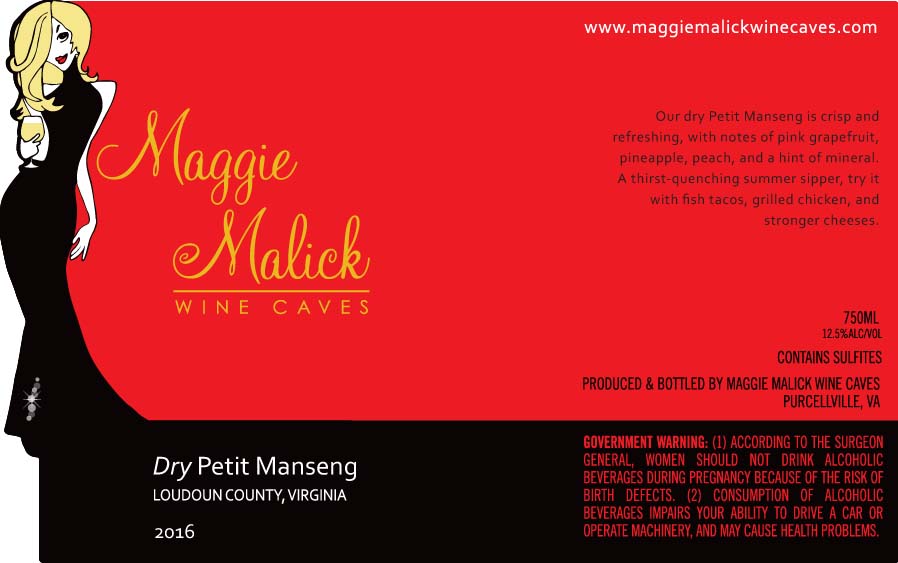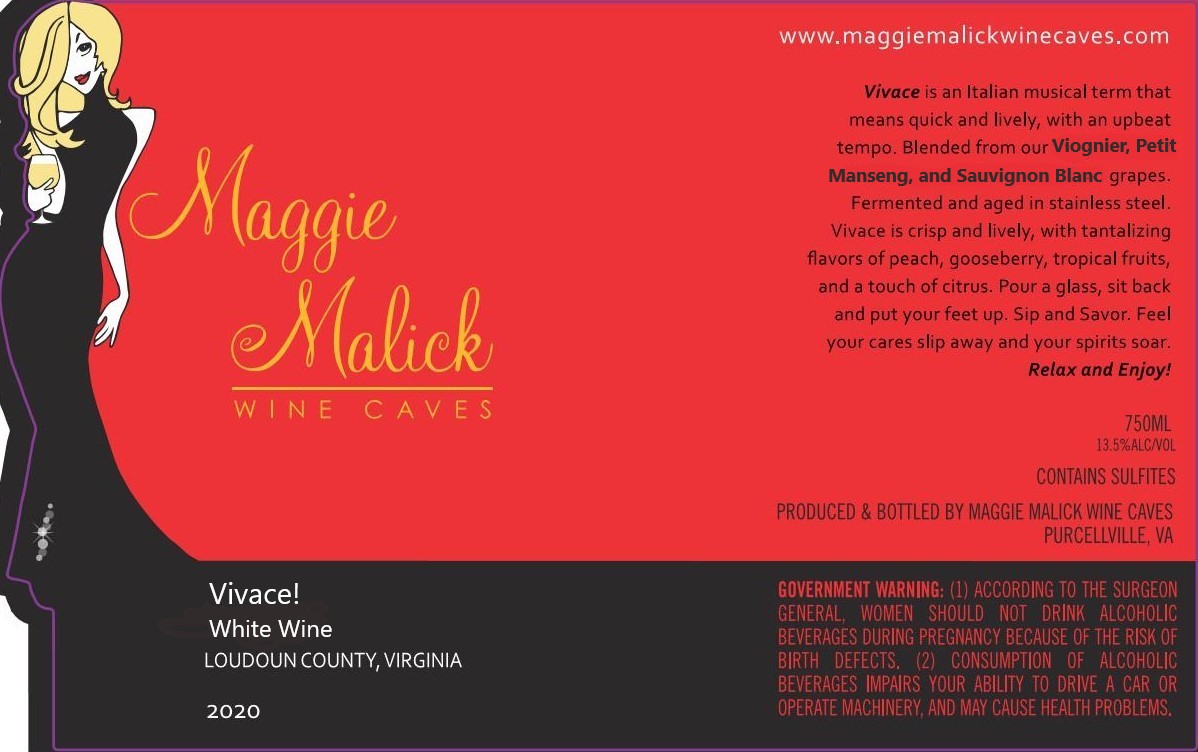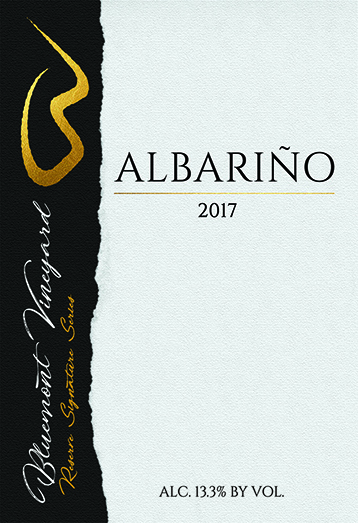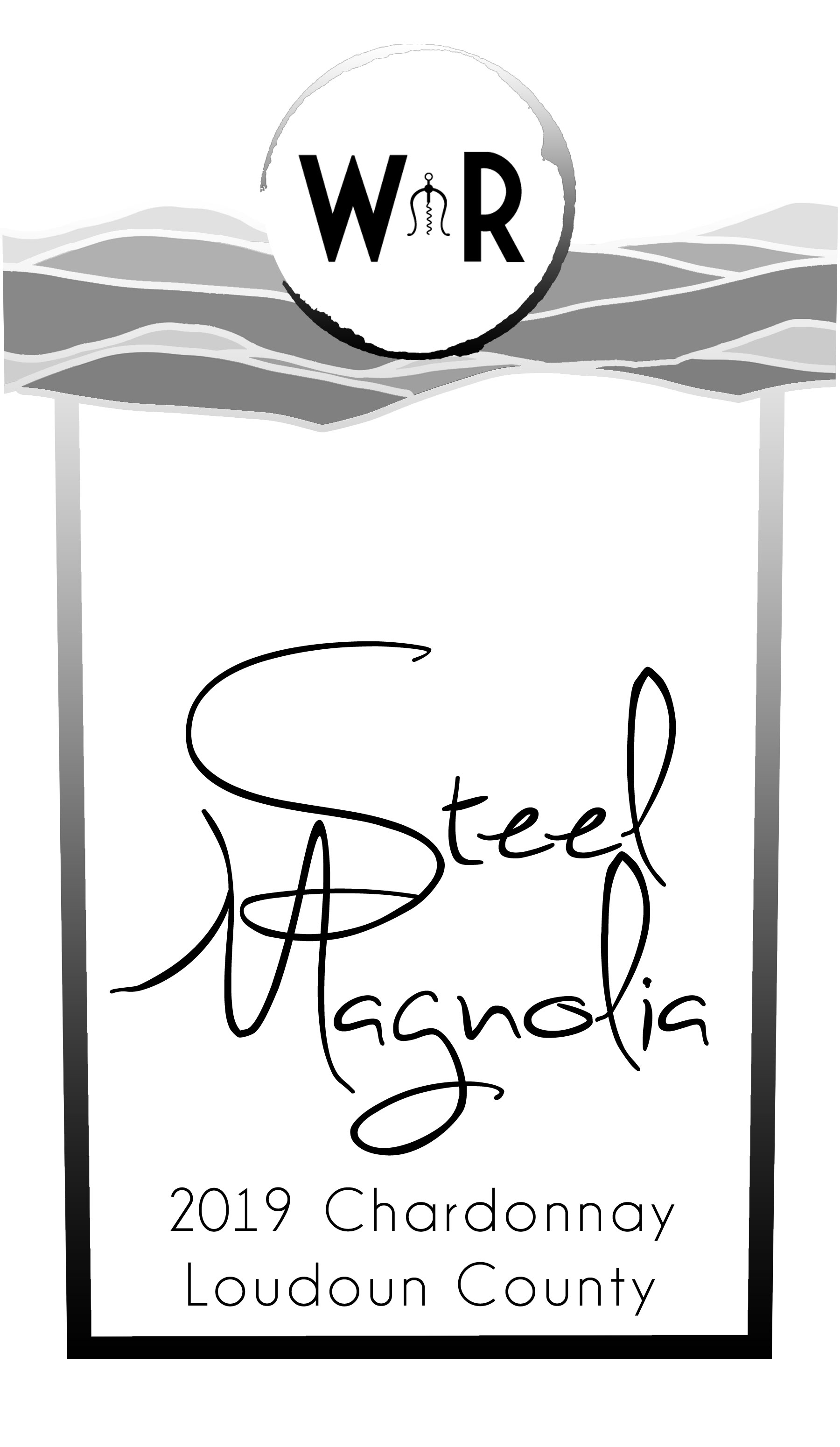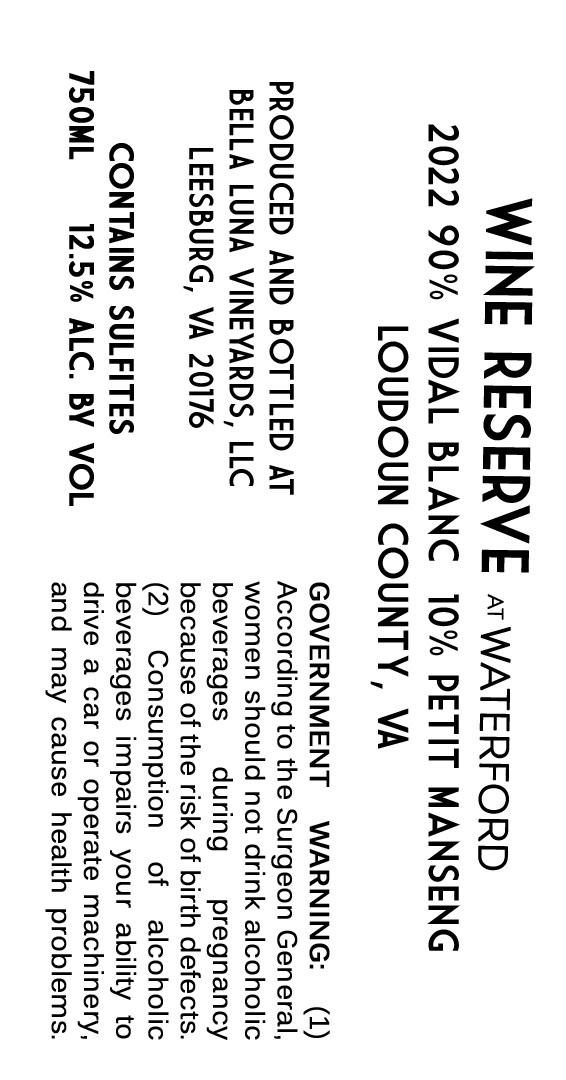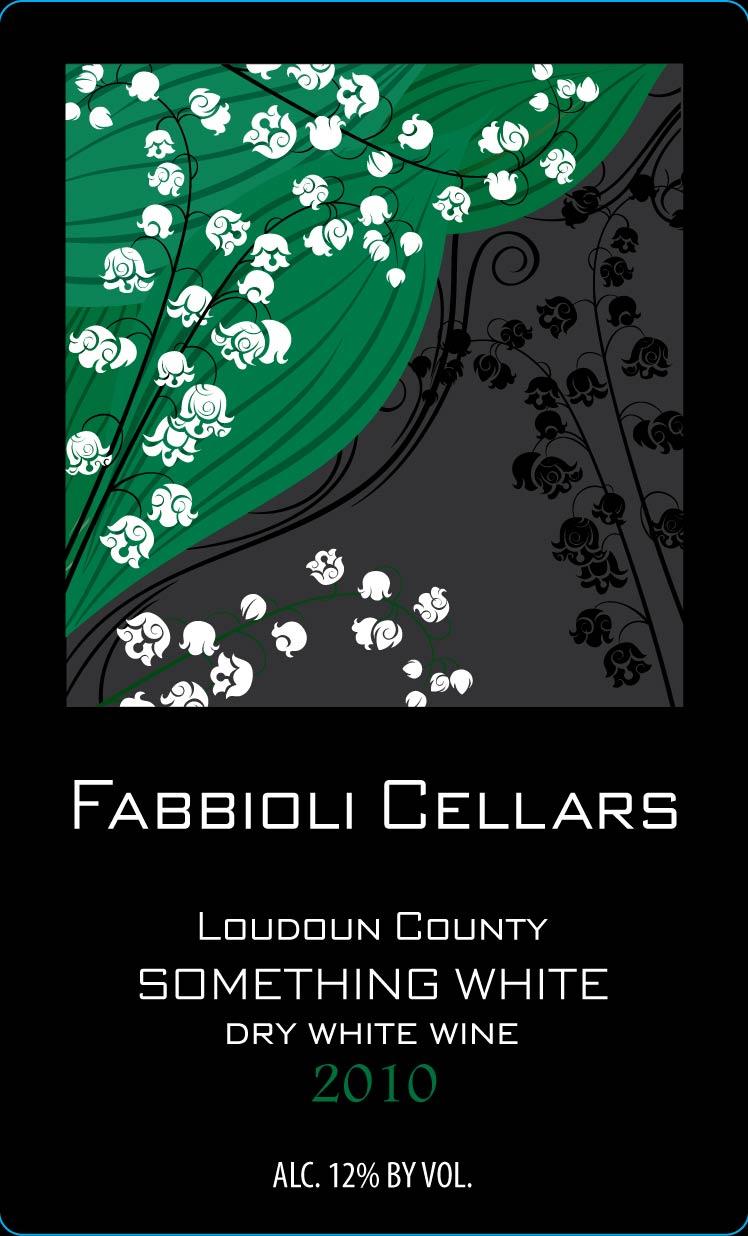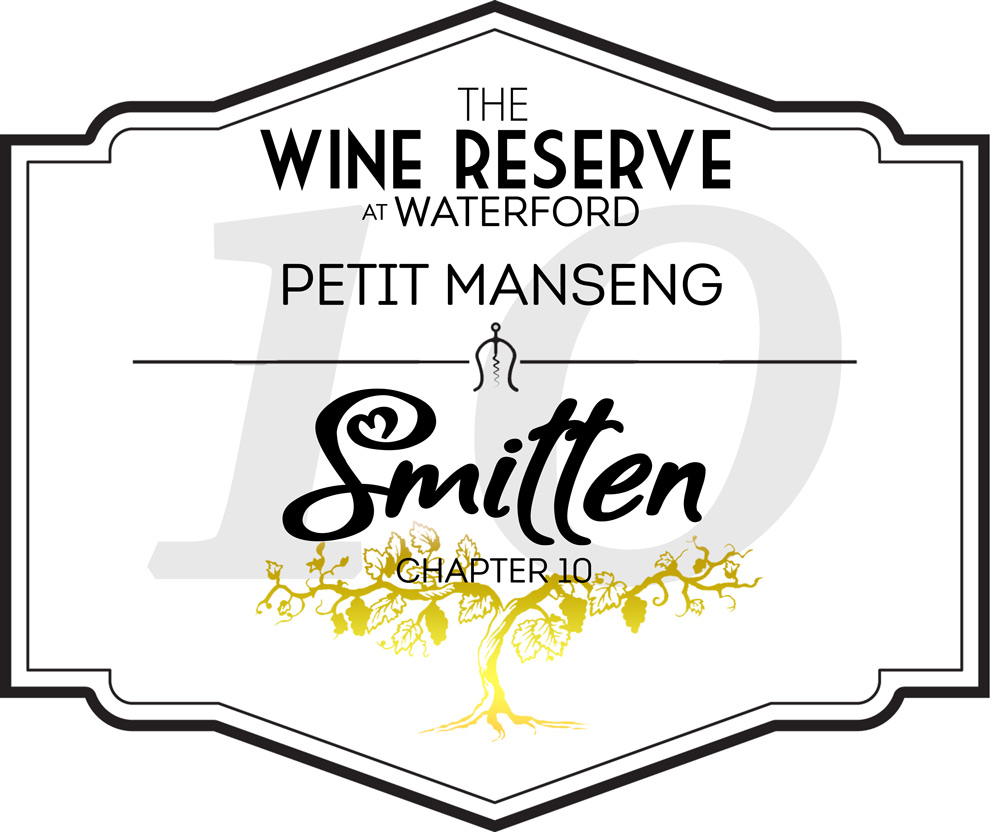Terroir of Loudoun County
Loudoun County's diverse terroir is defined by a mix of soils, elevations, and microclimates, which together shape its distinctive wines. In the west, vineyards have a blend of limestone, shale, clay loams, and Catoctin greenstone, while granite and alluvial gravels appear near mountaintops and floodplains. These well-drained soils contribute to wines with bright acidity and mineral notes.
The climate features warm, humid summers with afternoon breezes. Rainfall is moderate year-round, with spring and fall being unpredictable. Vineyards on sunny slopes help ripening and reduce frost risk, while higher elevations offer temperature shifts to preserve acidity. Winters can threaten early buds, so strategic site selection and cold-resistant grape varieties are essential. The topography, with elevations from 300 to nearly 950 feet, has protective ridges and quick-warming south-facing slopes, enhancing grape quality and ensuring a unique expression of the terroir.
Notable Wineries in Loudoun County
Loudoun County, part of Virginia's wine renaissance, hosts several notable wineries that blend tradition with innovation. Here are a few standouts:
- The Barns at Hamilton Station Vineyards: Celebrated for winning top accolades, this estate shines with its Cabernet Franc and Chardonnay.
- 868 Estate Vineyards: A boutique producer focused on small-batch Bordeaux-style blends and refreshing whites.
- Cana Vineyards of Middleburg: Known for both still and sparkling wines, along with regular culinary events.
- Breaux Vineyards: Offers sweeping Blue Ridge views and is famed for its Viognier and Bordeaux blends.
- Willowcroft Farm Vineyards: A pioneer in Loudoun wine, producing varied estate plantings since the early 1980s.
Sustainable Winemaking in Loudoun County
Loudoun County is embracing sustainability to preserve its picturesque vineyards and enhance wine quality. By selecting elevated, well-drained sites, growers reduce frost risks and disease, minimizing intervention. Winter cover crops like grasses and clover prevent erosion and enrich the soil, while minimal tilling maintains healthy ecosystems.
For pest management, strategies include canopy airflow, monitoring, and eco-friendly treatments. Wildlife habitats, such as bat boxes, support natural pest control. In terms of resources, drip irrigation conserves water, and many wineries utilize solar power and energy-efficient lighting, alongside rainwater collection for non-drinking purposes. These practices reflect a commitment to minimal intervention, allowing Loudoun’s unique terroir to shine through in every bottle.
Wine Tourism in Loudoun County
Loudoun County offers a rich tapestry of wine tourism experiences, blending accessibility with pastoral charm. Just miles from Washington, DC, and easily reached via Dulles International Airport, it boasts over 50 wineries nestled among the picturesque Piedmont hills.
Visitors can explore historic towns like Middleburg and Leesburg, where quaint inns and local dining await. Scenic wine trails meander through lush vineyards, offering views of the Blue Ridge Mountains. Loudoun's wineries provide diverse activities, from vineyard tours to winemaking classes, often accompanied by live music and seasonal events like grape stomping.
The region's commitment to sustainability ensures that its distinctive wines, influenced by a mix of limestone, clay, and granite soils, shine brightly. This dedication, along with a calendar packed with wine-related celebrations, reinforces Loudoun's reputation as a vibrant, welcoming destination for wine enthusiasts.
